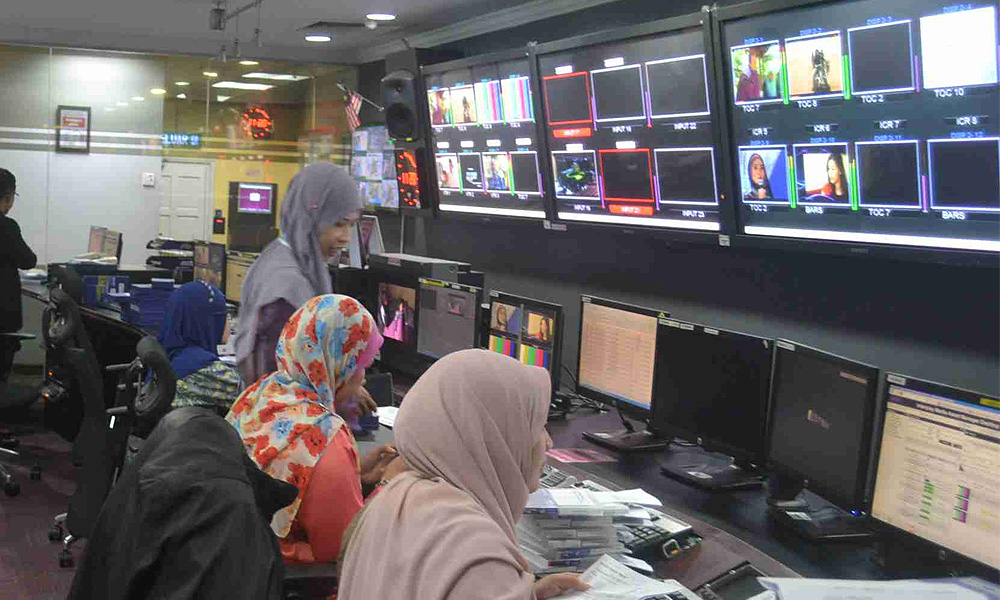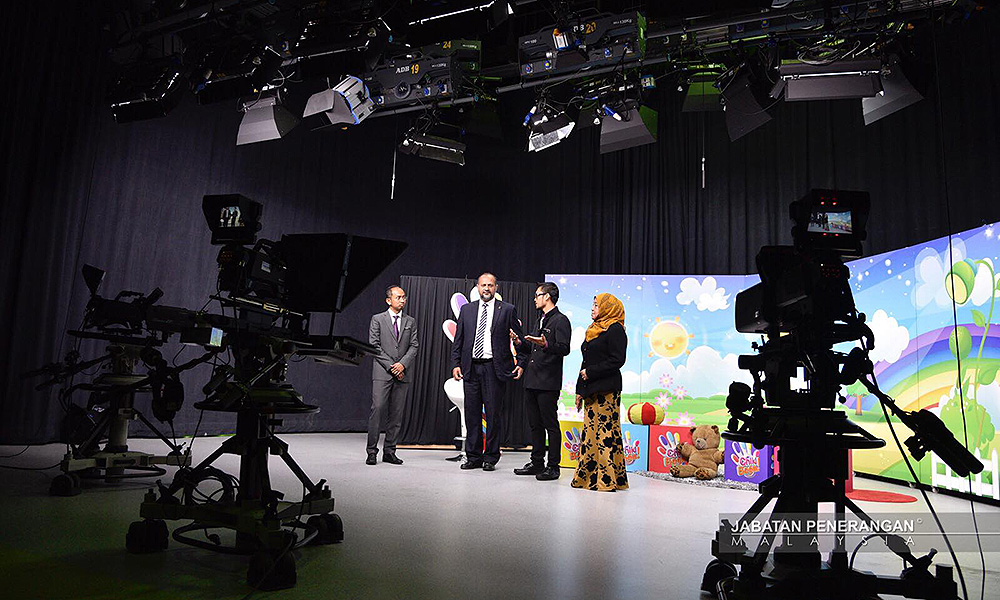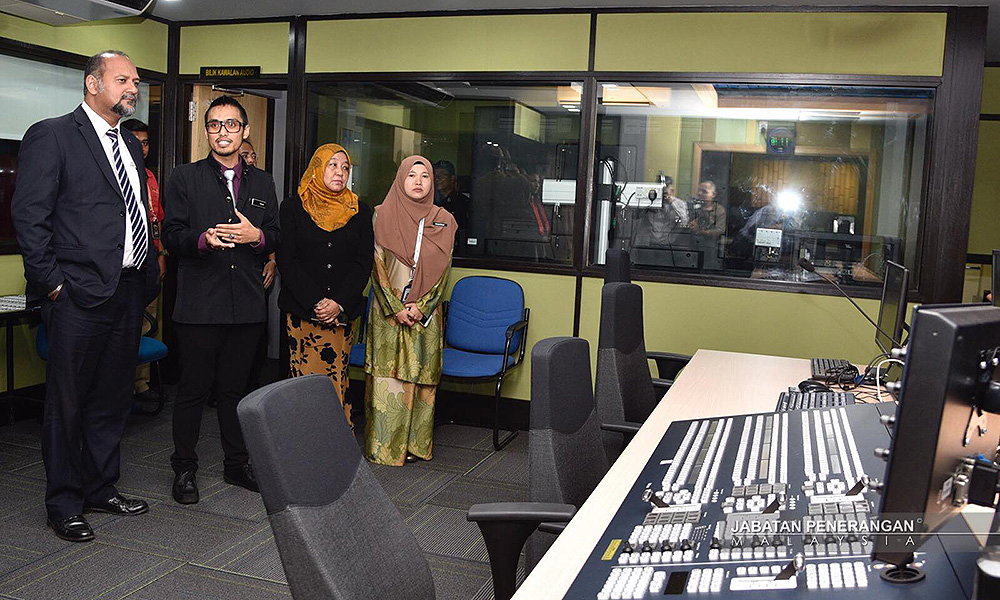
As a young reporter more than 40 years ago, I was given a journalistic mantra which I still spread when I give talks or lectures on journalism.
It’s called, “Write for your readers.” I was always reminded to write in simple language for readers to understand.
“Don’t expect the reader to have a dictionary beside him when he reads what you have written,” was the schooling we got. Practitioners call it “old-school journalism.”
The media environment may have changed with the advent of computers, news portals, and social media platforms, but the principle remains.
In the media industry, one person decided what the rest of the country should read or watch - the editor, or, in some cases, a group of them. They picked and chose what events were to be covered and how the article should be presented.
Prior to the 14th general election, in most cases, it was not the editor who decided, but his or her political bosses whose orders could not be disobeyed.
Media organisations then often acted as mouthpieces, if not propaganda machines, for the ruling party. People like Prime Minister Dr Mahathir Mohamad, DAP veteran Lim Kit Siang and PKR president Anwar Ibrahim were demonised and their names always appeared in the negative.
A few of us pushed the envelope until we were pushed out ourselves. The “true” journalists lost their jobs; others resigned in disgust and anger, but the majority suffered in silence until May 9 last year when the media scene changed.
We initially rejoiced and celebrated in welcoming “New Malaysia”. The vigour in which freedom of the press was promoted was borderless. Editors lined up to pay tribute and to kiss the hands of those whom they had previously censured.
These days, many organisations are still playing the same role – supporting the government of the day.
That is why Radio Televisyen Malaysia (RTM) has been pulled up for “not giving airtime for the speech of the minister and the menteri besar.”

According to Bernama, Communications and Multimedia Minister Gobind Singh Deo has asked RTM for an explanation and was awaiting their report before he could act on the allegation that the government broadcasting station attempted to sabotage the said minister.
What happened to press freedom?
Have we returned to the bad old days when our newspapers fared no better than the Pravda of the Soviet era? Must all events of ministers be covered by RTM?
Shouldn’t the editor be allowed to use his judgment to decide on priority of coverage? Shouldn’t the government stay out of instructing or demanding how news organisations should be run?
More importantly, did the people give the mandate to the government so that they could only read about or watch ministers at official functions?
What happened to the promised world of press freedom? Since when was it compulsory or mandatory for media to be present at every government function? Why is the government shooting itself in the foot?
Maybe ministers and their aides do not know or understand newsroom operations. If there is a plane crash (God forbid) involving Malaysians today, it will be the news of the day. This column, if written for a newspaper, will not see print. The breaking news takes precedence.

I am surprised that Gobind has waded into territory he is not familiar with. A few days after being sworn in as minister, Channel News Asia quoted him as saying that allowing greater press freedom is a major aspect of the reforms that he will undertake.
The media in the country, he said, should be allowed greater freedom in its coverage and also in its criticism of the government.
“The media is the voice of the people and the government should be prepared to accept criticism for us to be able to undertake reform,” he said in an interview with Bernama Radio.
Let good sense prevail
This issue is not about criticising the government or anyone. The mere failure to cover a speech has become an issue. Why this about-turn? Is this the reform Gobind talked about?
RTM staff are deemed civil servants who just menurut perintah (follow orders). Hence, there will be reluctance to stand up and say their piece.
What would the government insist on next? Would it decree that RTM cover the events of all ministers?
A minister or his deputy, has on average, two events on a working day. There are more than 50 ministers and deputy ministers. Even if RTM gives airtime of one minute per event, it can’t squeeze everything into the one-hour prime news slot, let alone the 30-minute slots of other news bulletins.
Let’s hope some good sense prevails. The days of editors and journalists looking over their shoulders because Big Brother was watching are over.
Let the people who know best - the editors - decide what its readers or viewers want. The government cannot decide what the citizens ought to read or watch.
R NADESWARAN is a veteran journalist who has seen the deterioration of press freedom over the years. New Malaysia gave some hope for change but is it for real? Comments: citizen.nades22@gmail.com. - Mkini


No comments:
Post a Comment
Note: Only a member of this blog may post a comment.